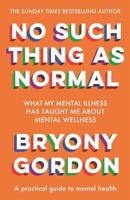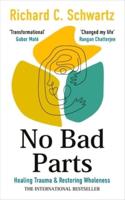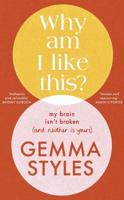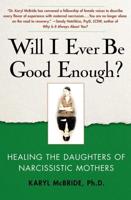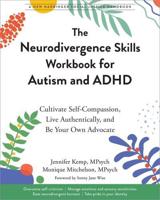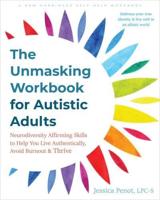Publisher's Synopsis
HI, I'M JIM, AND I'M NOT AN ALCOHOLIC, even though many once thought I was. This book is all about me. That's why my picture's on the front cover! Come on now, do I look like an alcoholic? I've had the same great job for years, support my family well, wear a suit every day to work, bathe daily, own a nice car, and own my home.
I've recently devoted my life to standing up for drinkers like me and protecting us from those pathetic pesky people who can't live and let live and just won't leave us alone about our drinking. I'm talking about friends, family, 'loved' ones, judges, doctors, therapists, bosses, recovering alcoholics, and the like.
My devotion to free drinkers like me includes teaching other drinkers how to stop the irritating questions about our drinking. I've also formed a few groups to protect our rights that you might be interested in.
Come inside and see for yourself how I (even after drinking a few) convinced a therapist that I don't have a drinking problem despite my wife, Sue, trying to convince him I do―plus much more―if you know what I mean.
LAUGHTER CAN BE the best medicine. This is a satirical diagnostic exam that highlights with exaggerated humor the absurd ways alcoholics justify and rationalize their drinking to remain deep in denial. It humorously exposes the signs and symptoms of alcoholism by using many of the actual diagnostic questions from the best-selling book Light Reflections Into The Darkness Of Denial . . . and the alcoholic mind, written by the same author as this book.
Sober alcoholics in recovery can often laugh at themselves and their past behavior. This humor is essential for healthy, long-term sobriety and is not meant to be insensitive or disrespectful. Most sober alcoholics are keenly aware of the pain, suffering, and trauma their drinking has caused others who may still harbor resentment.
Still, without this humorous attitude, the sober alcoholic remains chained to the past, and their guilt and self-loathing will likely reach a crescendo so painful and debilitating that their journey for relief can be deadly-or worse-relapsing and living the rest of their shortened lives hopelessly demoralized.



